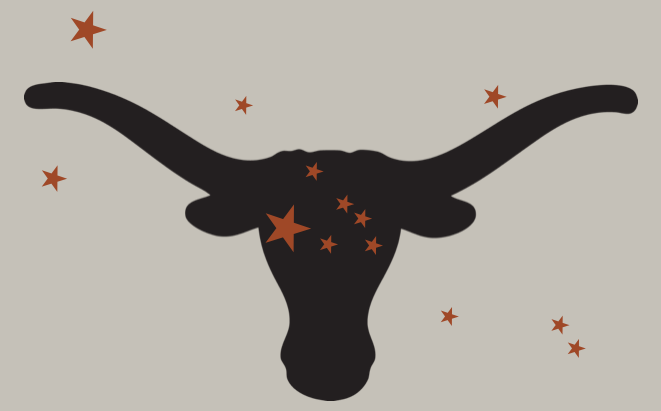Developing your interviewing skills is extremely important whether you decide to stay in academia or apply for industry jobs. In recent years, many graduate programs have started to interview their top candidates before making final admissions decisions. You should keep in mind that formal interviews are not the only interviews you will have in the coming years. Summer programs can be though of as extended interviews, and interactions with professors at conferences could be considered mini interviews. In all of these situations, you will want to be prepared and present yourself in the best way possible.
For formal interviews (in person, video, or phone):
This is by no means a comprehensive list of what to prepare, but it is a good starting point.
Do some research
- How many faculty, research scientists, grad students, and post-docs are in the department?
- If it is a joint astronomy and physics department, how many people work exclusively on astronomy?
-
What are the requirements in the first two years of the graduate program?
- How many classes do you have to take?
- Is the qualifying exam oral, written, or both?
- Is the qualifying exam taken in parts after both the first and second year, or is it just after the second year?
- How many research projects must you complete before the end of the second year? (some schools require two completely separate projects with two different faculty members)
-
What kind of research do the faculty do?
- Know what each of the faculty that you are interested in working with do.
- Read their recent papers and the papers of their students.
- If possible, get a list of potential projects that you could work on before you interview.
- Have a sense of the type of research you are interested in.
- Will you be required to TA?
Come prepared with questions
- On average, how many years does it take for a student to earn their PhD?
- Is it easy to get involved with education and public outreach?
-
You should be able to ask questions about the potential projects you could work on.
- What tools will be used to complete the project?
- Is this project just for the first year or two, or is it a PhD project?
- Who might your collaborators be at that institution and elsewhere?
- Is it strictly an observational or theoretical project, or does it have elements of both?
- What is the culture in the department?
-
What would the work environment be like with your potential advisor?
- How often do they like to meet with their students?
- Do they prefer that you email them with questions, or do they like you to drop by their office?
- Are they easy to find if you are having a problem?
- Do you feel comfortable having a conversation with them?
- Do they actively encourage their students to attend conferences?
- For observational projects, will you have access to telescopes and the ability to apply for your own telescope time?
- For theory projects, what access do you have to computing resources?
Dress appropriately
Although astronomy is a very casual field, you should still dress nicely for your interview. You don't need to wear your best dress or suit, but business casual is a safe choice. Not only will this help you to present yourself in the best light during in-person or video interviews, but it will also give you a confidence boost (even during a phone interview). Here are some things to keep in mind:
- No clothes with rips or stains.
- No sweatpants, leggings, or athletic shorts.
- Avoid t-shirts.

